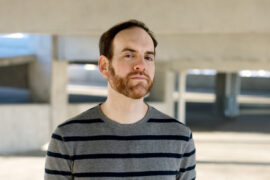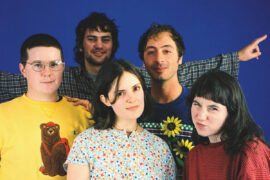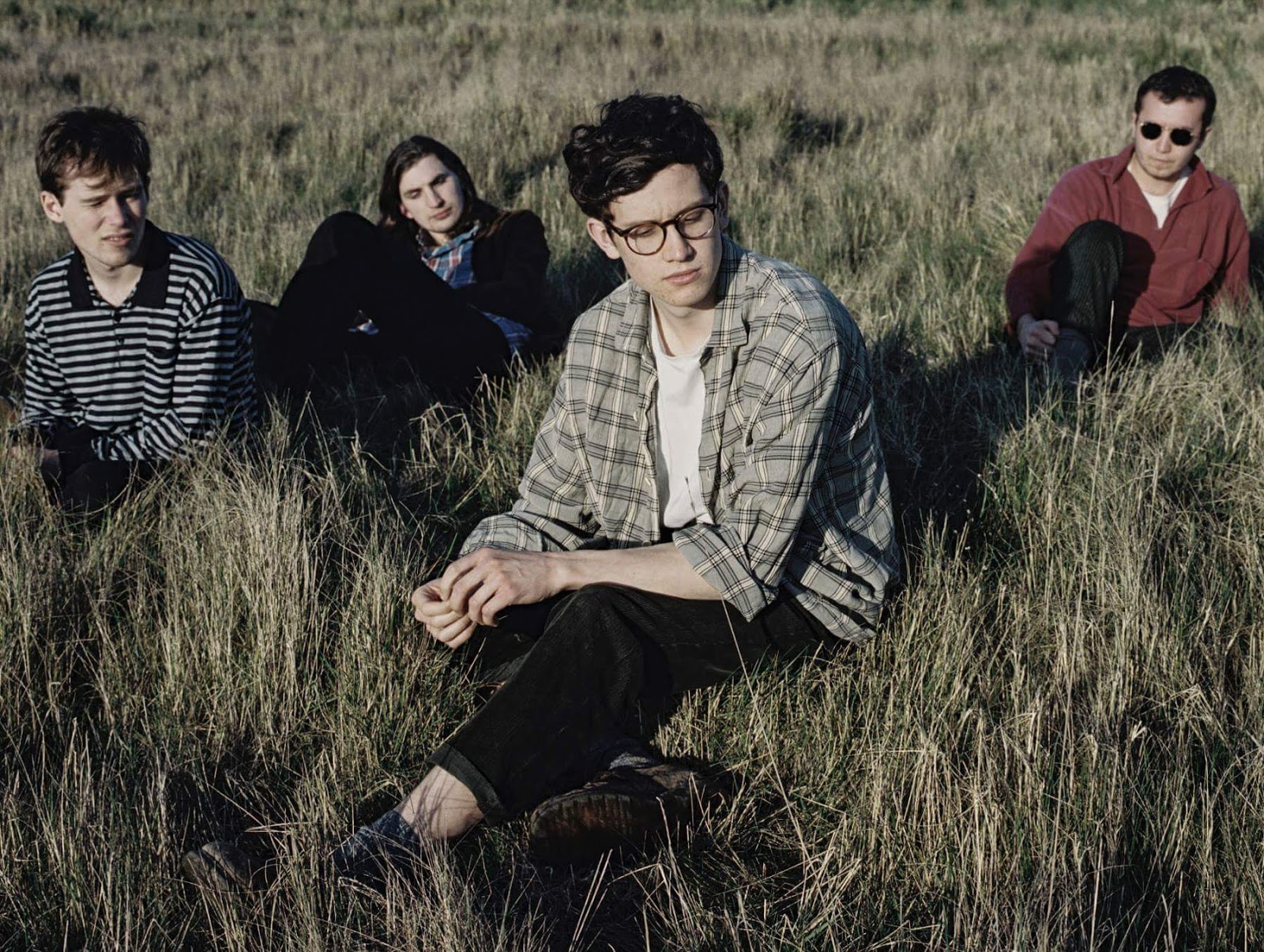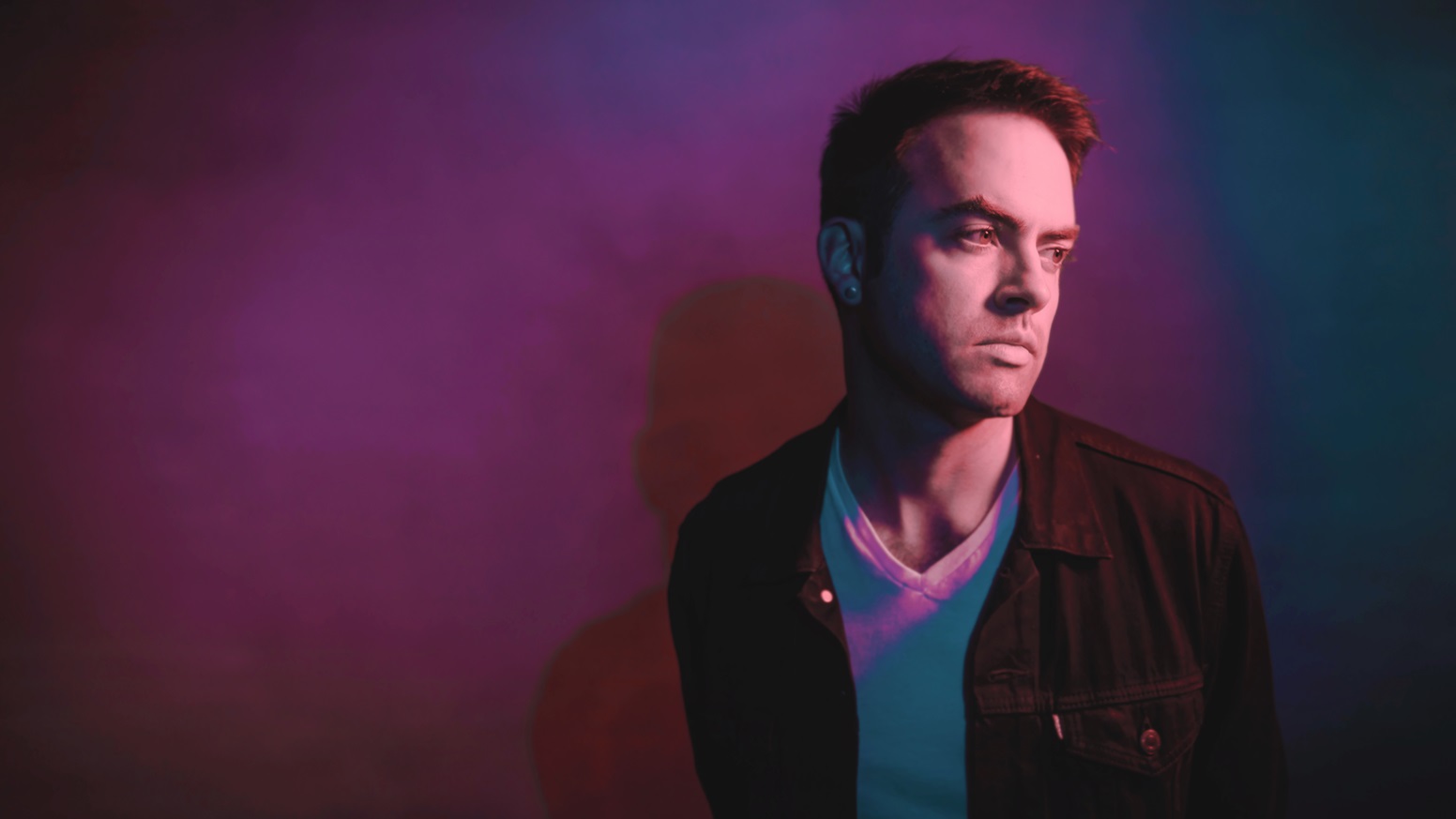Atwood Magazine sits down with James Vincent McMorrow to discuss the never-ending expanse of life, music, and his latest record, ‘Wide open, horses.’
‘Wide open, horses’ – James Vincent McMorrow
This record felt like rebuilding myself as a human being and a musician.
James Vincent McMorrow has been everywhere.
World tours aside, his signature gossamer has appeared on a Game of Thrones soundtrack, a Drake album, and of course, multiple of his own critically acclaimed records. Some 14 years later, he finally arrives home with Wide Open, Horses (out June 14 via Nettwerk Music Group).
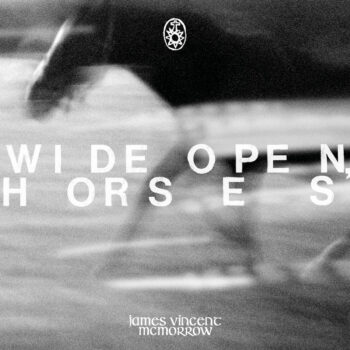
McMorrow agrees: This is his existential record. Naturally, his signature gossamer is a bit more rough around the edges. Though never lighthearted, McMorrow’s music has always been reassuring. He meets you where you are, instructing you to sit down and fill up the space. But, Wide Open, Horses does not follow this self-imposed rule. McMorrow admits that it is “insane” that he has managed to make music not just his life, but his career. This time around, he decided to take a step back. He performed the songs first and recorded them last. What McMorrow desperately needed was control, a perspective that was not only new but entirely his own.
“Stay cool” is a tender admission of insecurity. Most reminiscent of McMorrow’s early work, the acoustic guitar fills the foreground as McMorrow objects,“Oh do you love me?” Title track “Wide open, horses” is beautifully constructed ternary, straddling the thin line between celebration and funeral.
In a tongue-in-cheek, “break it down” moment, McMorrow laments, “It was time I grew up, stopped drinking so much cheap red wine.” This track is McMorrow’s strongest, as he takes newfound liberties, experimenting with form and function, but most importantly the age-old importance of horses.
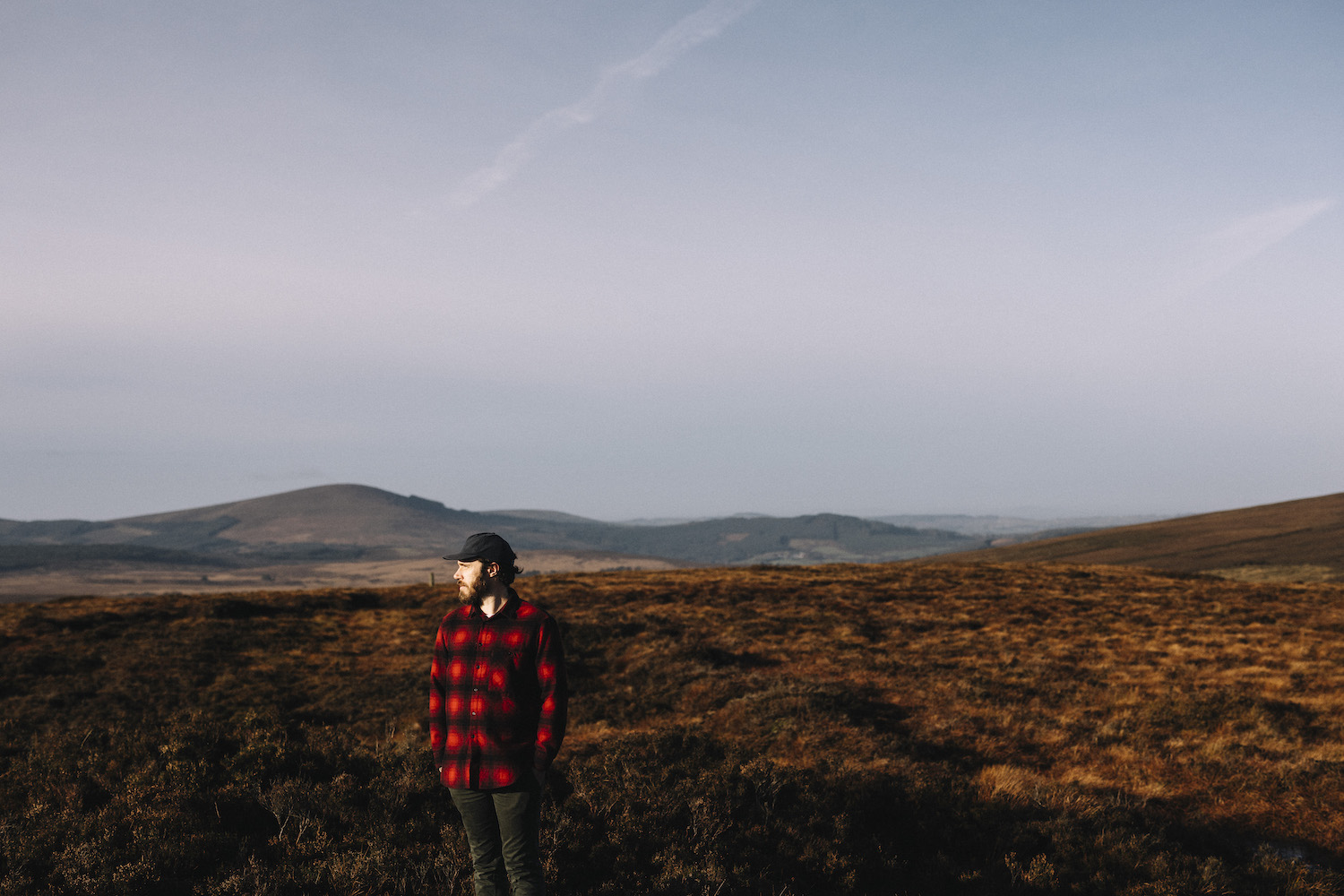
Both “Day all the lights went out” and “Meet me in the garden” feature the familiar folk lush of the early 2010s. The tracks are warm and heavy, a thick but inviting fog. These two songs are most reminiscent of the McMorrow we know and love; he returns familiar, but changed.
In a conversation with Atwood Magazine, James Vincent McMorrow discusses the importance of Wide Open, Horses, a record that offers him the clarity and shelter he has been searching for.
— —
:: stream/purchase Wide Open, Horses here ::
:: connect with James Vincent McMorrow here ::
A CONVERSATION WITH JAMES VINCENT MCMORROW
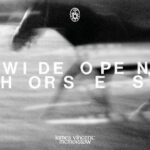
Atwood Magazine: Congratulations on Wide Open, Horses! How did this record come about?
James Vincent McMorrow: I started this in 2022. I played some shows in Dublin last year, where I basically performed the entire album over two nights. The album wasn’t finished, I hadn’t recorded yet. The idea was to commit the songs to reality to see what they felt like first. I went back and listened to it the first night, and played the songs again the second time. I recorded pretty quickly after that.
Music is a pretty all-consuming thing. I’ve always associated pain and exhaustion with the process; I don’t have fond memories of making albums. So I wanted to have a different experience this time. I listen back to past records and I can hear the labor in it. But, this one is different.
Do you think listeners can hear the labor too?
James Vincent McMorrow: I don’t know if they can. I wouldn’t be able to tell you with the music that I love. It’s like being a chef, you know how the sauce is made. I can often hear music and identify the pinch points. But, it doesn’t sound labored to me. I guess labor and labored are different. (laughs)
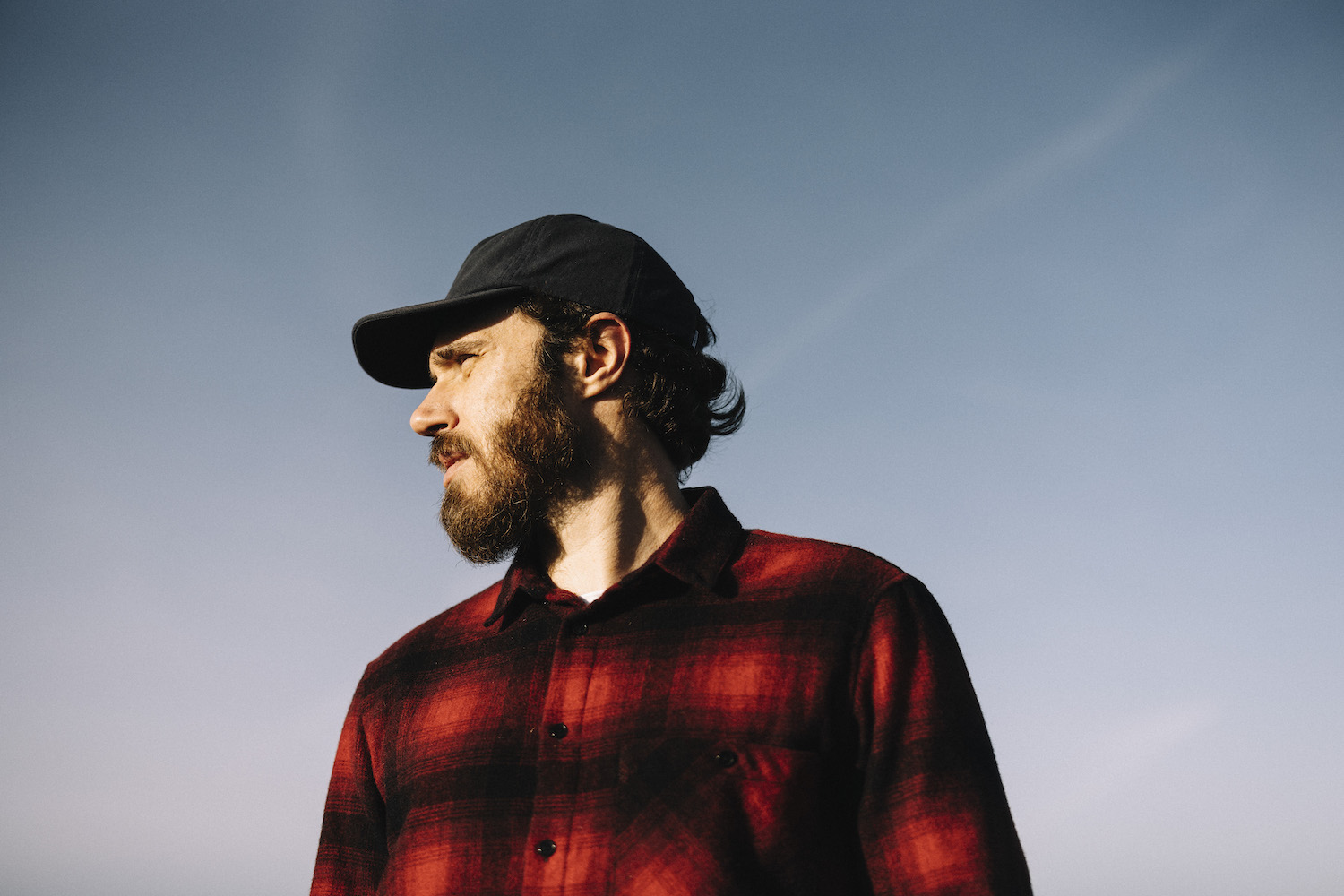
You have had quite a career both as an artist and a collaborator. It is hard to pinpoint a signature sound to your artistry. Can you touch on your evolution through the years?
James Vincent McMorrow: People that don’t ascribe to genre now are more the rule than the exception, but back in 2010 that was not the case. I grew up listening to metal, I loved rap. At the time there was a lot of stuff like Fleet Foxes, Bon Iver, Mumford and Sons, myself, James Blake. We were called the “new folk” movement. I was happy to be a part of the party, but once I got to my second record, it became apparent to me that I was not in that place. There is very little critical thinking that goes into it for me. I am quite belligerent and nihilistic in my outlook. I want to make things that mean something, and for that first block of four albums, I was very focused on pushing myself and incorporating the sounds I was obsessed with as a kid.
I made my fifth album when I moved to Columbia Records. I didn’t enjoy the process, it was a mentally tough period for me. I went to a big label and they negated all of the stuff I just talked about. I was at a vulnerable state in my life and was open to the idea of it. It taught me that I need to make progressive decisions for the right reasons. This record felt like rebuilding myself as a human being and a musician.
I assume that led to your decision to perform the songs first.
James Vincent McMorrow: It felt the same as when I had started. That was the first time in 7 or 8 years that I felt like myself. I like the feeling of stakes. There are not a lot of stakes in music anymore. I make records for other people and it’s a very algorithmically driven industry. I like things that feel exciting and treacherous.
What would you say to artists who are afraid to take risks?
James Vincent McMorrow: Music is a crazy, crazy thing to do with your life. I love that music is easier to make now. But this industry shouldn’t work. The idea that I have been doing this as long as I have and making money off of it is insane. I want to approach it with a sense of gratitude. To me, being grateful means taking risks! And as for the rest of my life, I rarely leave my house.
I’ve probably done hundreds of interviews. You think to yourself, I’ll do more. There will be another album, another interview cycle. But 2020 pulled the rug out from under us. Now that we’re back, I am trying to find a space of gratitude, especially with the minutiae of dealing with the music industry.
I’m in LA at the moment and I played on a rooftop. I’ve probably done that ten times in my life, but last night was the first time I had taken it in. I talked to every person at the show afterwards. This album is a huge part of that.
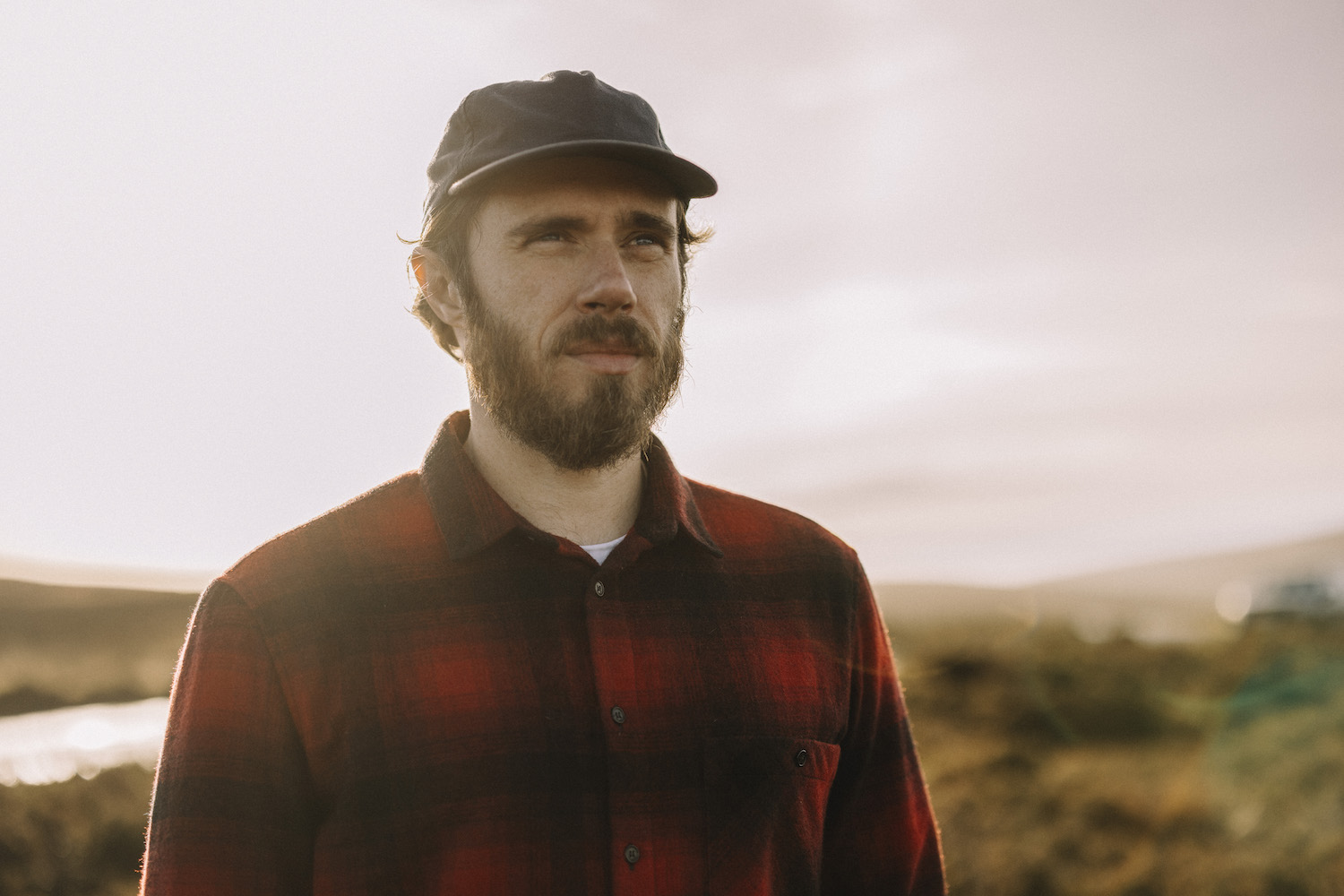
The idea that I have been doing this as long as I have and making money off of it is insane. I want to approach it with a sense of gratitude, and to me, being grateful means taking risks.
Is this record your mid-life crisis?
James Vincent McMorrow: 100% Every musician goes through an extended childhood. We are told where to go and when to do something. I wasn’t a functional person at all! I would go home and I couldn’t even go to the post office or the grocery store. We are basically infants, so this is definitely the midlife of my career and life.
I don’t know if everyone needs to know everything in 2024. But there is a notion to put everything out there. I’m not a content creator (laughs). It makes me sad that musicians have to experience that. In 2010, social media was a strangely positive thing. I was able to connect with people without explaining every detail of my work to everyone.
I love making records. I grew up stealing music from Limewire and burning CDs. The idea that I would make an album is crazy. I believe in a body of work, but however people choose to absorb it is totally fine with me. People now don’t have to buy an album to get one song, and I love that.
— —
:: stream/purchase Wide Open, Horses here ::
:: connect with James Vincent McMorrow here ::
— — — —

Connect to James Vincent McMorrow on
Facebook, Twitter, TikTok, Instagram
Discover new music on Atwood Magazine
© Rich Gilligan
:: Stream James Vincent McMorrow ::

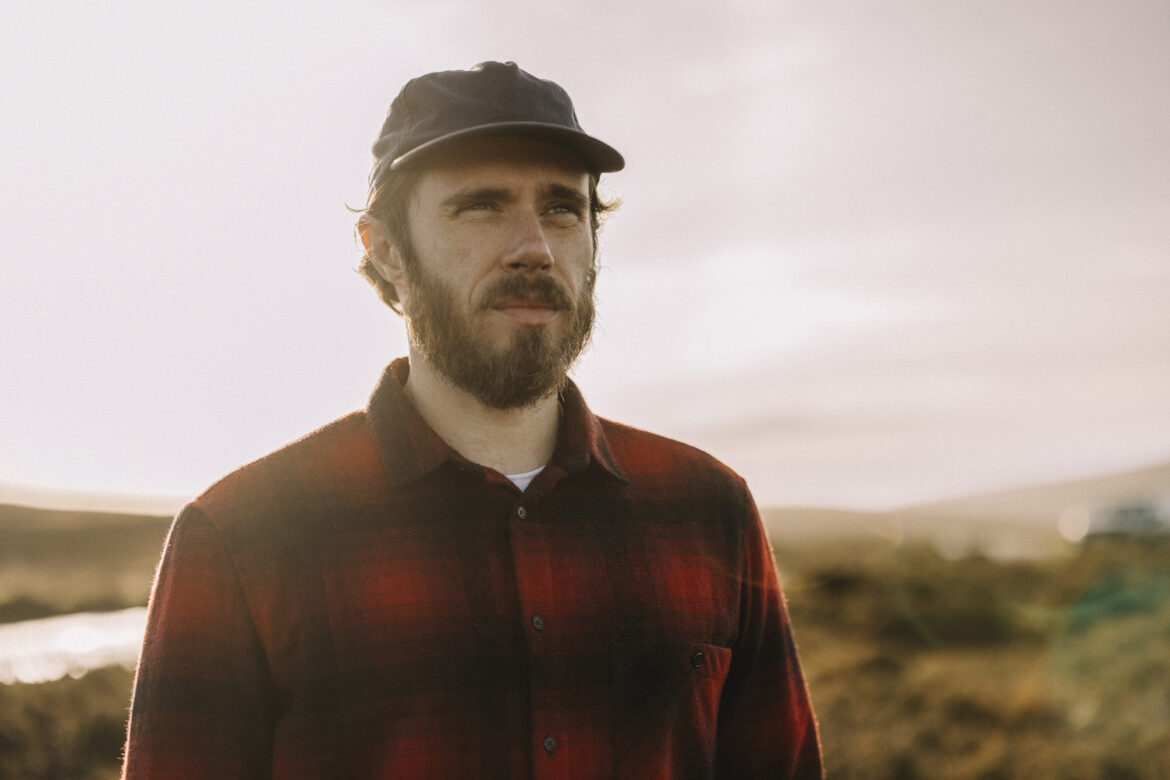
 © Rich Gilligan
© Rich Gilligan